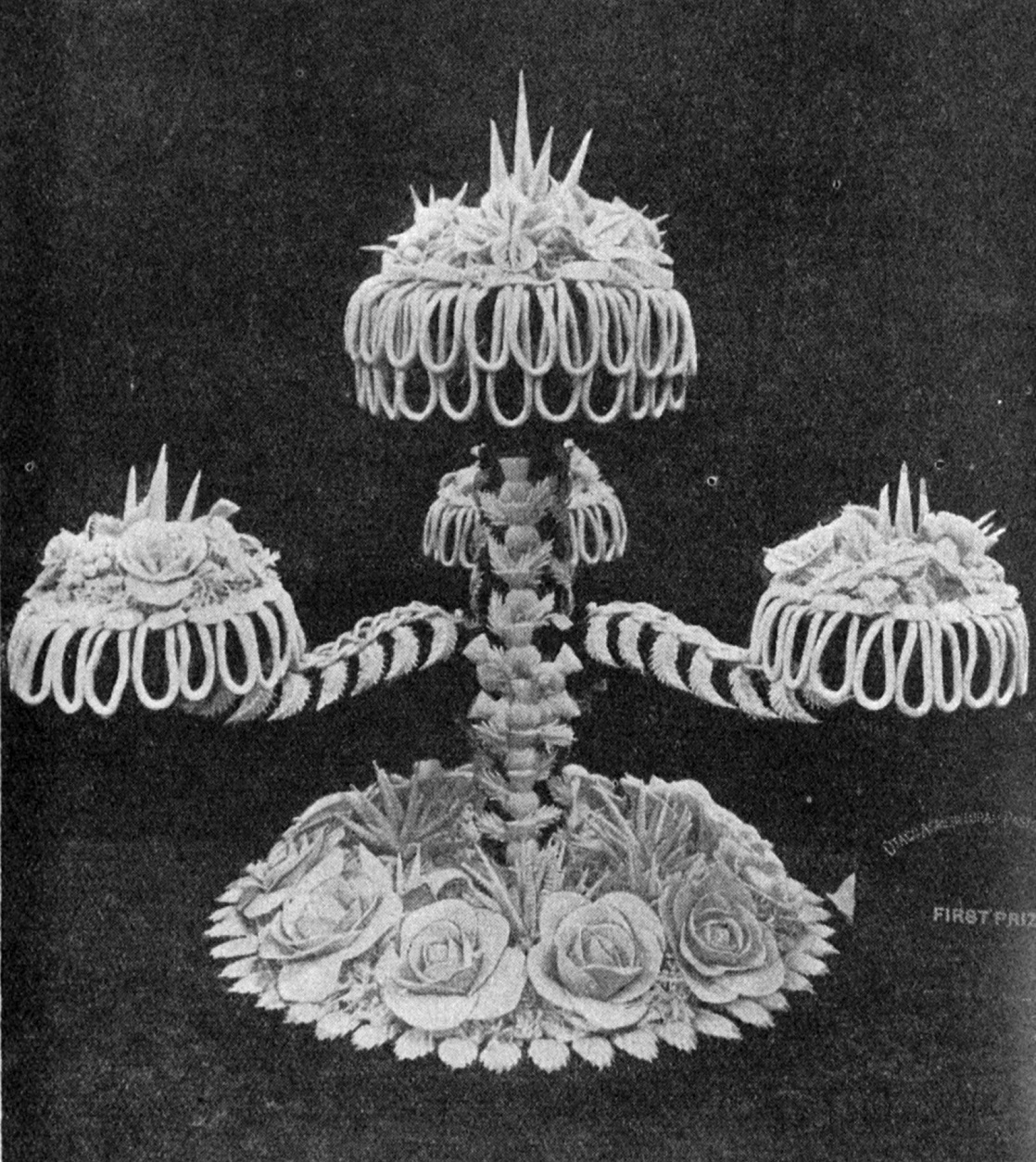

To remedy the cause, we must get back to the source of production, which is on the farm where the cream is produced. Cream grading has been in operation in the North Island for some time, and, according to grading figures supplied by the Dairy Division, a very pronounced improvement in the grade of butter manufactured by the factories carrying out cream grading has resulted. The Dairy Department has promised to make available a competent officer to advise factories, and to assist dairy farmers in establishment, of a uniform grade by visiting the factories and seeing that the work of grading is properly and fairly done.
Rubber-tyred tram rival
A Dunedin resident, who is at present in Great Britain, recently visited Bradford where a system of rail-less tramcars is being operated. As this is the system by which it is proposed to supply a service from Pitt street to Maori Hill, an extract from a letter from him on the subject will be of interest: "I had no time to secure official information, but I had a ride on a single-decker. As the driver collects the fares it is cheaply run. The riding was pretty rough, but the car tackled the hills quite easily. We did not go up a hill comparable with Pitt street, but we passed a full-sized double-decked omnibus on the same system, and to my inquiry as to how it ran loaded up the hills, I was assured it did as well as the smaller one. It looked to me if such were the case, that the single-decker would go up Pitt street quite well."
Phone bust
At the City Police Court yesterday morning a youth aged 17 years was charged with on August 12, at Dunedin, wilfully damaging an electric telephone apparatus, the property of the Postmaster General, with intent to obstruct the transmission or delivery of any message.
Young women care for alcoholics
The Hon A.S. Malcolm expressed his opinion in the Legislative Council yesterday (reports our correspondent) regarding the employment of young girls in hospitals. "I think it an abomination," he said, "to have girls of 18 and 19 who have come out of cultured homes attending delirium tremens cases. It is an abomination that they compel those girls to go and hear the disgusting and foul and loathsome language of brutes. I think it is shocking."
Slowed slow train slips load
Through developing engine trouble shortly before reaching Puketeraki the slow train which left Oamaru at 2.40pm yesterday did not arrive at Dunedin until 10pm. To lighten the load the trucks were taken off at Puketeraki.
Ratana in England
Peter Moko, Ratana’s secretary, wrote stating that the strain of the work was great. He and Ratana simply flopped down on their seats for sleep in the early hours of the morning after dealing with bags full of correspondence from all over the globe. The great proportion of the correspondence was soliciting spiritual help, and the remainder was with regard to politics and invitations. Ratana had no idea when he would be able to cope with the inundation of correspondence or answer the numerous invitations. When it was known that Ratana would arrive in the Old Country about June the correspondence started to pour into the post office. — ODT, 22.8.1924
Compiled by Peter Dowden












